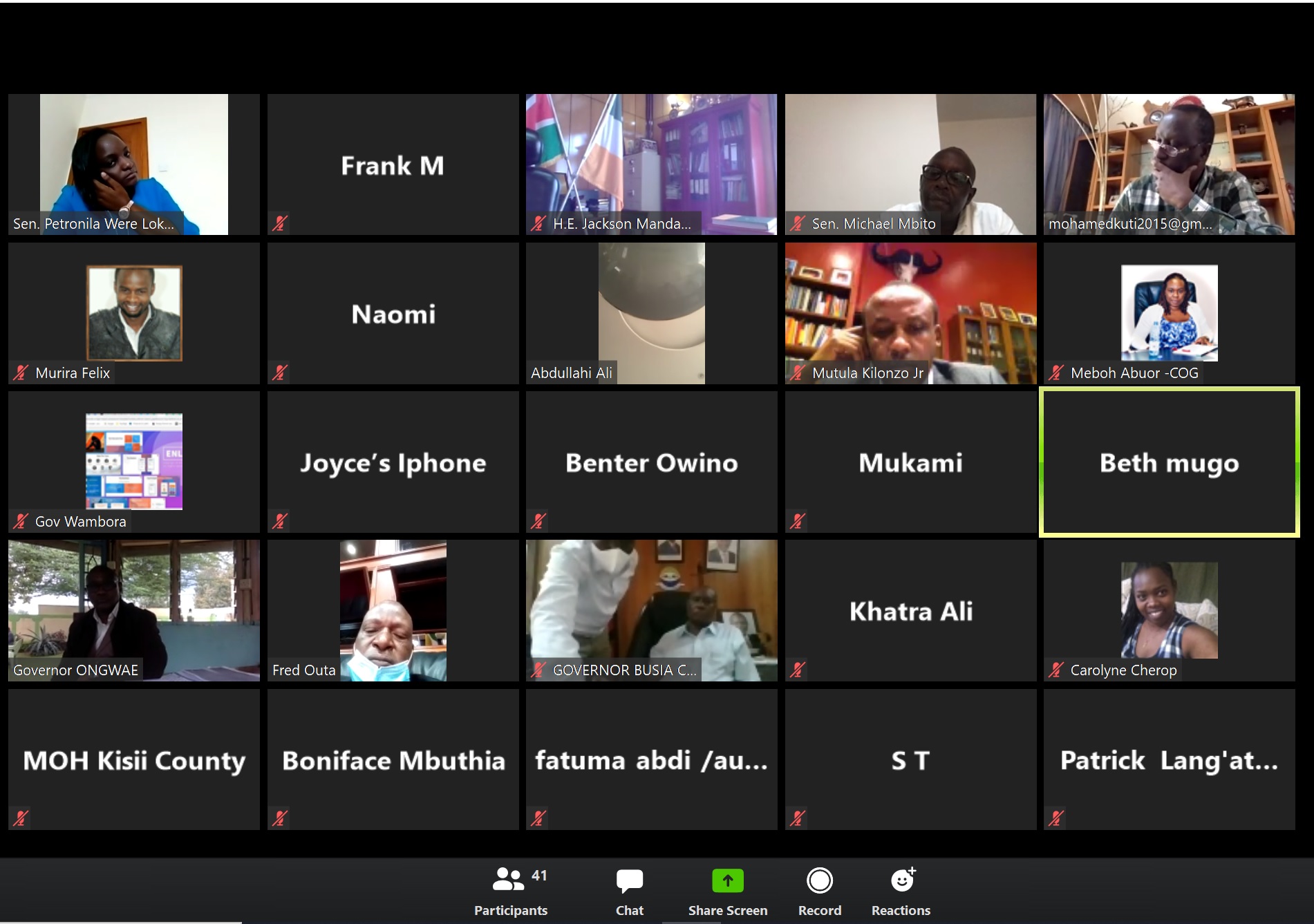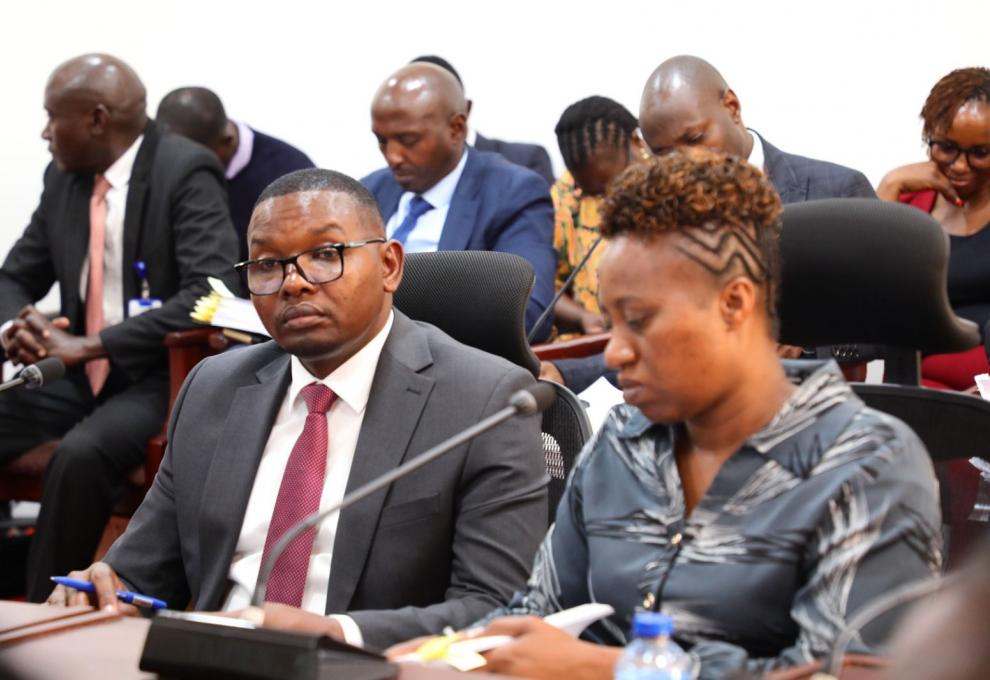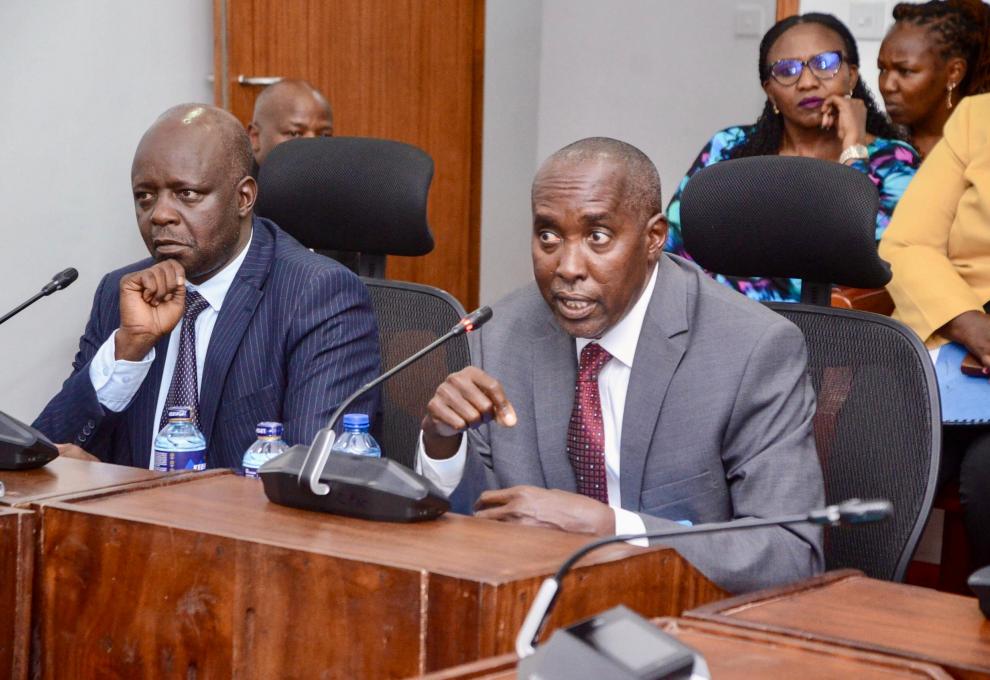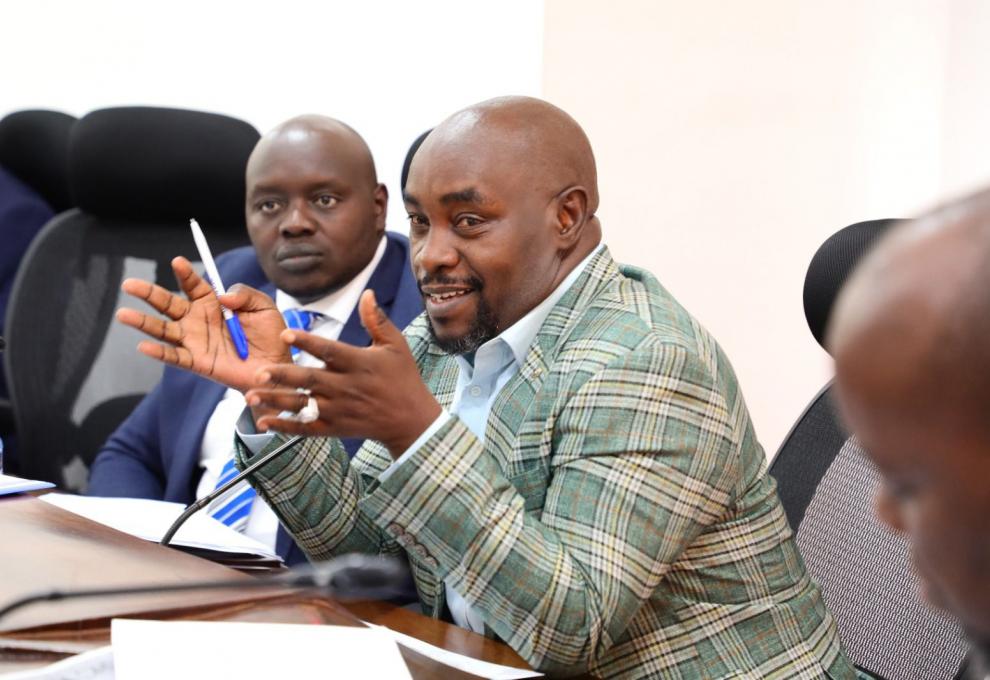Council of Governors: COVID-19, Retrogressive Health Laws dim light on realization of UHC
The scale up of Universal Health Coverage (UHC) – one of the Big Four Agenda – has run into headwinds as a result of the COVID-19 pandemic that continues to spread across the country.
In an online meeting hosted by the Senate Committee on Health, chaired by Sen Michael Mbito (Transnzoia) with the Council of Governors, led by Governor Dr Mohammed Kuti (Isiolo) the Senate heard that the effects of the pandemic have negatively impacted the implementation of Intergovernmental Partnership Agreements (IPAs) entered between several county governments and the Ministry of Health.
“COVID 19 has significantly affected the implementation of the IPAs because resources that were meant to go to the scale up of UHC had to be diverted to manage the current crisis,” noted Dr Kuti, whose county was among the 4 selected for pilot execution.
The total approved budget for the programme and its enablers in the FY 2019/2020 is KES 26.3billion. Supplementary Estimates no. 1 for the FY 2019/2020 included additional KES16billion for development expenditures for the full rollout of UHC project and KES2.2billion for recurrent expenditures for primary health care.
The Supplementary (COVID-19) Estimates no. 2 for the FY 2019/2020 appropriated at the National Assembly on Wednesday 22nd, April 2020 however saw a reduction of the approved development expenditure estimates for the rollout of the UHC project KES by 9.4 billion and KES 1.9billion for the recurrent expenditure estimates for the primary healthcare.
“The reduction of the UHC allocation by KES 11.3billion points to the potential that COVID-19 mitigation intervention measures have, on fiscally and otherwise, derailing IPAs and UHC,” noted Sen Mbito.
While noting that the success rate of the pilot programme varied across the four counties, Dr Kuti reported to the committee that public confidence in the government health facilities had been greatly boosted.
“The impact of the pilot is that public confidence in government-run facilities improved as they turned away from private facilities; in occasions three-fold, others four-fold according to data,” noted Dr Kuti.
The CoG noted that the greatest challenge experienced in the pilot phase was the retrogressive Health Laws (Amendment) Act of 2019 that provides— “national or county public health facility shall, in the procurement and distribution of drugs and medical supplies, obtain all such drugs and medical supplies from the Authority [KEMSA].”
“KEMSA does not have the capacity to supply all medicines and equipment required to provide healthcare in this country. It is a monopoly that is dangerous and the delays in supply of drugs can lead to loss of life,” said Machakos Governor, Alfred Mutua, whose county also carried out the pilot.
The CoG through Dr Kuti propose that while KEMSA is able to provide 70percent of medical commodities, provision be made for Mission for Essential Drugs (MEDS) to supply 20 while 10 percent remains the preserve for counties to source from within their county or in Nairobi in emergency situations.
At present, any procurement officer who procures medical commodities from any entity other than KEMSA, commits an offence and is liable on conviction to a fine not exceeding two million shillings or to imprisonment for a term not exceeding five years, or to both."
Senators present at the meeting included: Dr Abdullahi Ali (Vice chair, Health), Mutula Kilonzo Jr, Petronilla Lokorio, Beth Mugo, Fred Outa, Okong’o Omogeni, Naomi Shiyonga, Falhada Iman and Nderitu Kinyua.
















